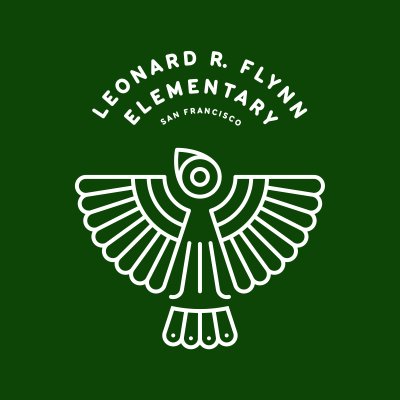Restorative Practices Link to this section
We aim to teach students what is expected of them and reward them for making Respectful, Responsible and Safe Decisions in order to build community. However, we recognize that conflicts will occur occasionally and great lessons can be learned from them with guidance and modeling. Flynn and SFUSD use a Restorative Practice model that includes community circles to build relationships and repair relationships if harms occur.
What are Restorative Practices? Link to this section
Restorative practices are based on principles that emphasize the importance of positive relationships as central to building community and involve processes that restore relationships when harm has occurred.
Restorative Practice Principles Link to this section
The following principles will guide us at Flynn in creating an atmosphere that is respectful, responsible and safe.
- Acknowledge that relationships are central to building community
- Focuses on the harm done rather than on rule-breaking
- Gives voice to the person harmed
- Ensures equity of voice amongst all members of the community.
- Engages in collaborative problem solving
Paradigm Shift: Relationship Based Link to this section
|
Traditional Approach |
Restorative Approach |
|
School and rules violated |
People and relationships violated |
|
Justice focuses on establishing guilt |
Justice identifies needs and obligations |
|
Accountability=punishment |
Accountability=understanding impact, repairing harm |
|
Justice directed at offender, victim ignored |
Offender, victim and school all have direct roles in justice process |
|
Rules and intent outweigh whether outcome is positive/negative |
Offender is responsible for harmful behavior, repairing harm and working toward positive outcomes |
|
No opportunity for remorse or amends |
Opportunity given for amends and expression of remorse |
When responding to conflict, a restorative approach consists of asking the people involved these key question:
- What happened, and what were you thinking at the time of the incident?
- What have you thought about since?
- Who has been affected by what happened, and how?
- What about this has been the hardest for you?
- What do you think needs to be done to make things as right as possible?
Read more about SFUSD’s approach to Restorative Practices
This page was last updated on July 21, 2025

